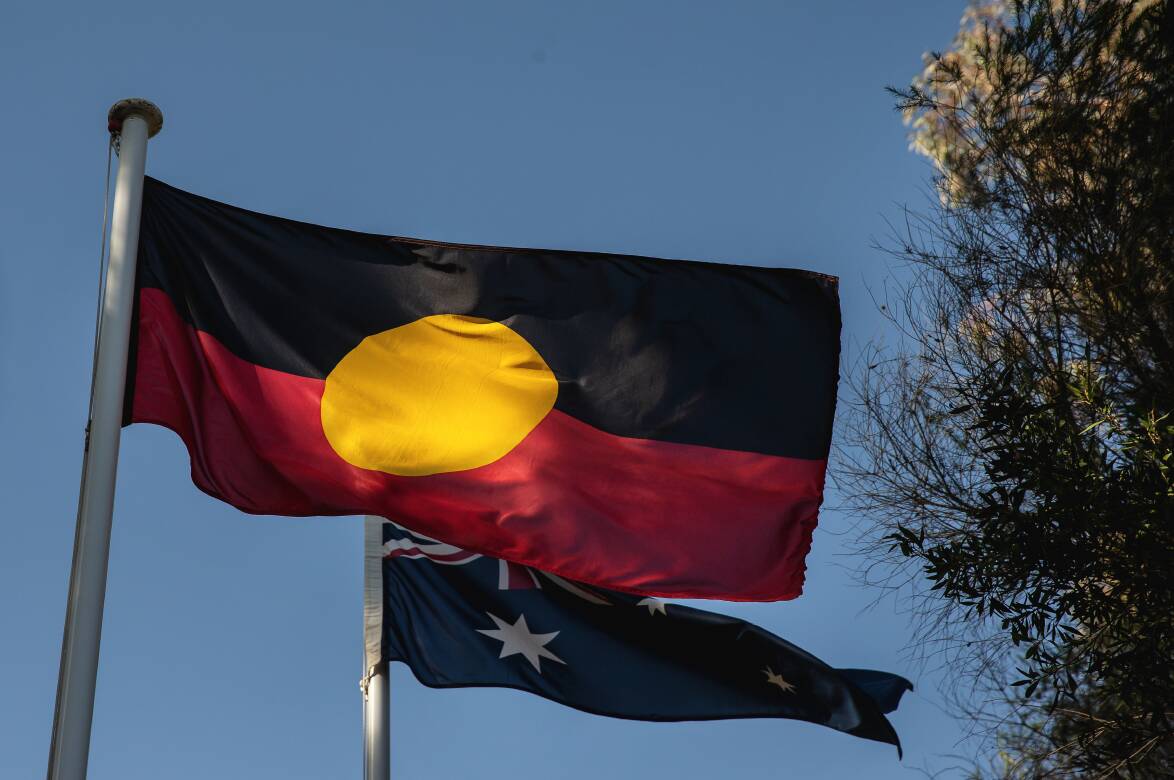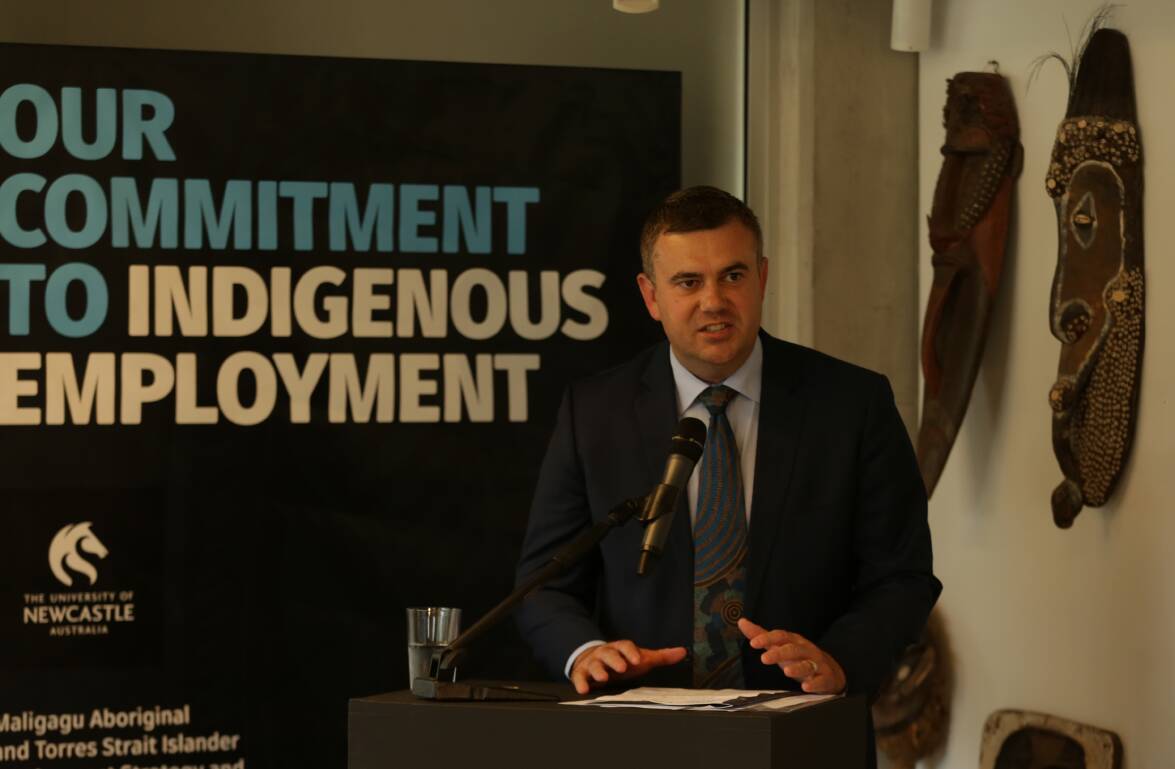
A First Nations leader from the University of Newcastle says there is space to mourn Queen Elizabeth II's death while reconciling with the crown's role in Australia's colonial history.
"People are starting to learn and understand the impacts of colonisation around the world. The role the monarchy has played in that colonisation is quite immense," Pro vice-Chancellor - Indigenous Strategy and Leadership, Wiradjuri man Nathan Towney said.
"The Queen is a human being. She's a mother, a grandmother, so there's people that will mourn her passing and that's understandable and it's important we do respect that is the case.
"We also need to understand the position that family has been put in because of the privilege and power that's been created by a history and generations of colonisation and how communities are at the other end."
Thursday's Day of Mourning, announced by Prime Minister Anthony Albanese following the Queen's passing, was met with anti-monarchy protests across the country - organised, in part, by Warriors of the Aboriginal Resistance.
First Nations people in Australia have called for an official Aboriginal Day of Mourning since the 1930s, with some in the Hunter recognising the day as recently as this year.
The National Museum of Australia (NMA) notes the first Day of Mourning was held in Sydney on January 26,1938, by Indigenous protestors. It became an annual event and was moved to the Sunday before Australia Day before being shifted to July and ultimately becoming NAIDOC week, according to the NMA.
"As soon as [an Aboriginal Day of Mourning] is mentioned there is a lot of commentary that we see on social media and people across different media outlets who want to dismiss the fact that we need it and the fact we should have it," Mr Towney said.
"That adds to the emotions of many people in our community and so I think it's important that on a day like Thursday we actually do realise there are people mourning because of those histories and pasts the monarchy have played a significant role in."

Mr Towney said a Day of Mourning would be about "truth telling".
"There are still too many people that think this happened so long ago, can't Aboriginal people move on or get over it," he said.
"The impacts of colonisation are not just felt at that time but it's that generational impact that we see today."
A Closing the Gap report recently released by the NSW government noted some state outcomes, defined by the program, are not on track to hit targets - while others are getting worse.
Mr Towney said "the fact that we have Closing the Gap at all indicates that the impact of colonisation is strongly felt in many areas".
"In health, education, the justice system, housing, all those areas there are direct alignments to the impact of colonisation," he said.
"A lot of the strategies that have been implemented to address those, many have assumed they know what's best for Aboriginal and Torres Strait Islander people in this country without actually letting Aboriginal and Torres Strait Islander people lead the approach.
"That's slowly starting to change but it's a long effort and is a long-term vision and strategy. Aboriginal and Torres Strait Islander people need to be at the centre of making those decisions and the implementation of those strategies that are rolled out into our communities."
Some politicians, such as federal Greens leader Adam Bandt, were criticised for statements about action on a Treaty with First Nations people in the days following the Queen's death. However, Mr Towney said, "the timing helps people understand the role that the monarch has played in our history".
"There is never a wrong time to talk about it and I think we need to come up with a way where Aboriginal and Torres Strait Islander people get to make some real policy decisions about what happens to Aboriginal and Torres Strait Islander people."
WHAT DO YOU THINK? We've made it a whole lot easier for you to have your say. Our new comment platform requires only one log-in to access articles and to join the discussion on the Newcastle Herald website. Find out how to register so you can enjoy civil, friendly and engaging discussions. Sign up for a subscription here.







